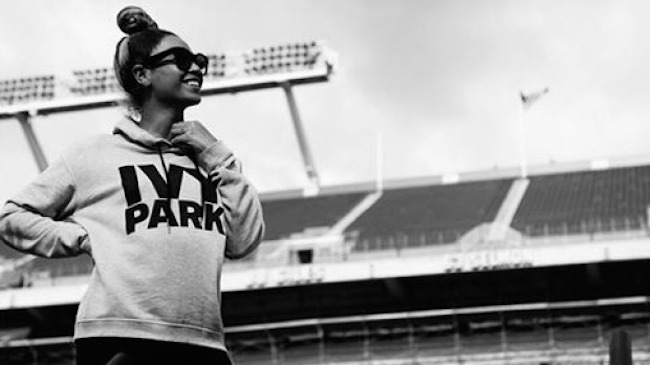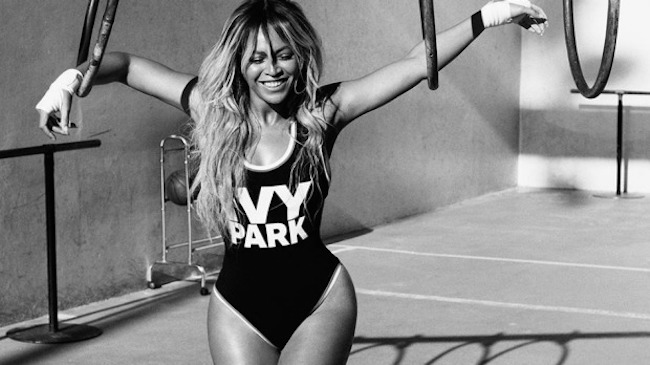She may have just released her newest visual album, ‘Lemonade’, which promotes female empowerment and gender equality, but Beyoncé has come under fire for recent allegations that her active wear clothing line, ‘Ivy Park,’ is being produced in sweatshops in Sri Lanka.

The reports were first made by British tabloid The Sun who claimed the clothing line, which is a joint venture between Beyoncé and Top Shop, was being made in an MAS Factory in the developing country. Its seamstresses are supposedly being paid just £4.30 a day, (or $6.17 US), which has been somewhat justified as it is still more than double Sri Lanka’s daily minimum wage of $2.68US. But being above the daily minimum wage is still not enough to adequately support the factory workers, who are being forced to work up to 60 hours a week in order to make ends meet.
In response to the allegations, a spokesperson for the brand, (not Beyoncé herself), issued a statement saying:
“Ivy Park has a rigorous ethical trading program. We are proud of our sustained efforts in terms of factory inspections and audits, and our teams worldwide work very closely with our suppliers and their factories to ensure compliance.”
While it was only a matter of time until a representative of the clothing line made a statement regarding the allegations, the excuses we have received seem somewhat hollow, especially considering what Beyoncé’s music and personal brand is supposed to epitomize.

She’s been renowned as a true feminist who uses her global star power to promote gender equality and female empowerment. Her newest album is a prime example, being used as a platform to speak out against the issues women of colour have had to face for generations. So it’s surprising and even disappointing that Beyoncé would be associated with a company that uses sweatshops to make their clothing. While it remains unclear whether or not she did have knowledge regarding how her clothing line was being made, one can only hope she chooses to change how it’s produced now.
With the allegations still considerably fresh, we’ve yet to see how much of an impact they’ll actually have on the line’s popularity and sales and if the line’s method of production will change. But what shouldn’t be ignored is that instead of empowering and supporting women, which was its aim according to Topshop and Beyoncé herself, it actually exploits those producing it; only time will tell if that will change.







